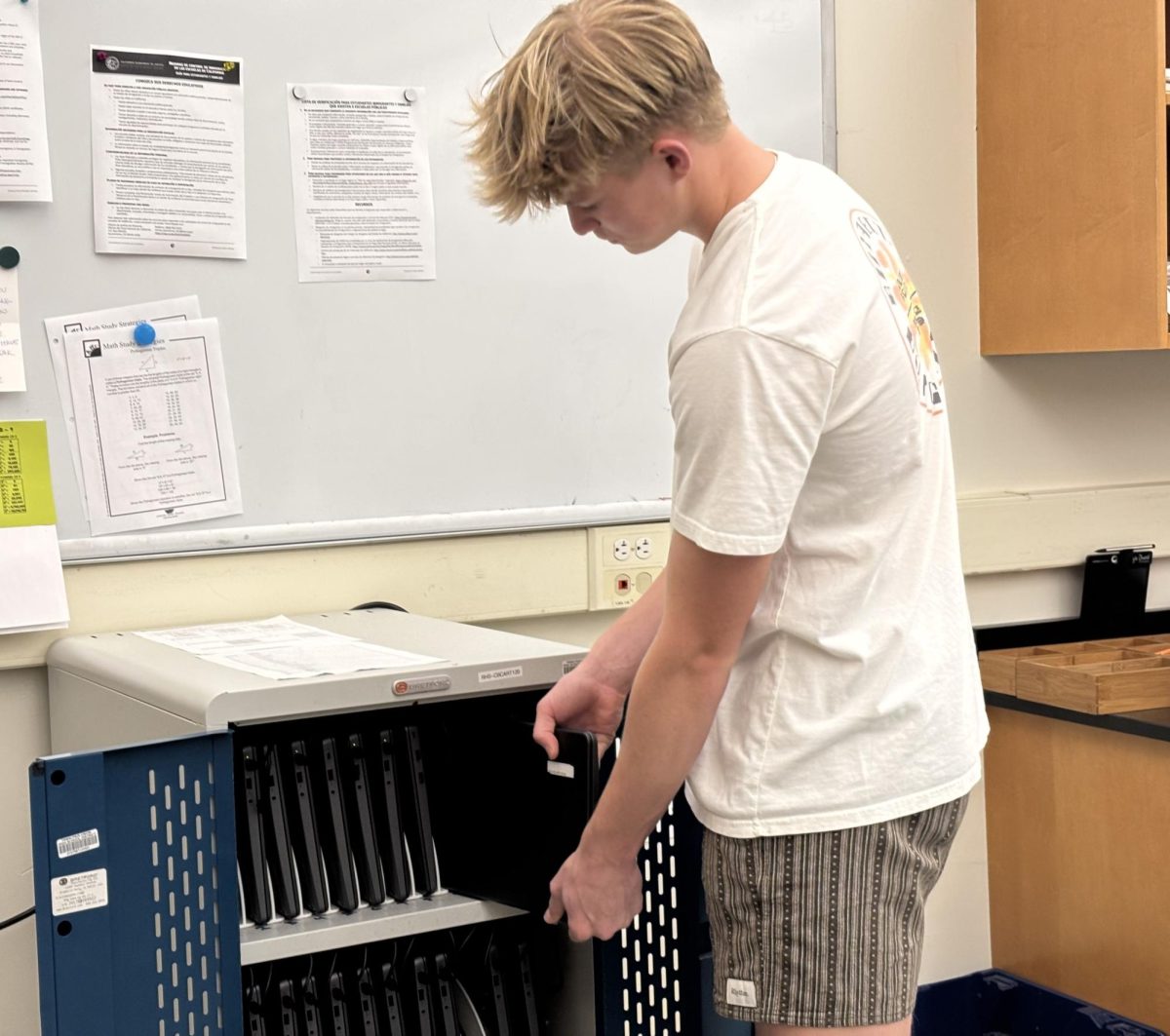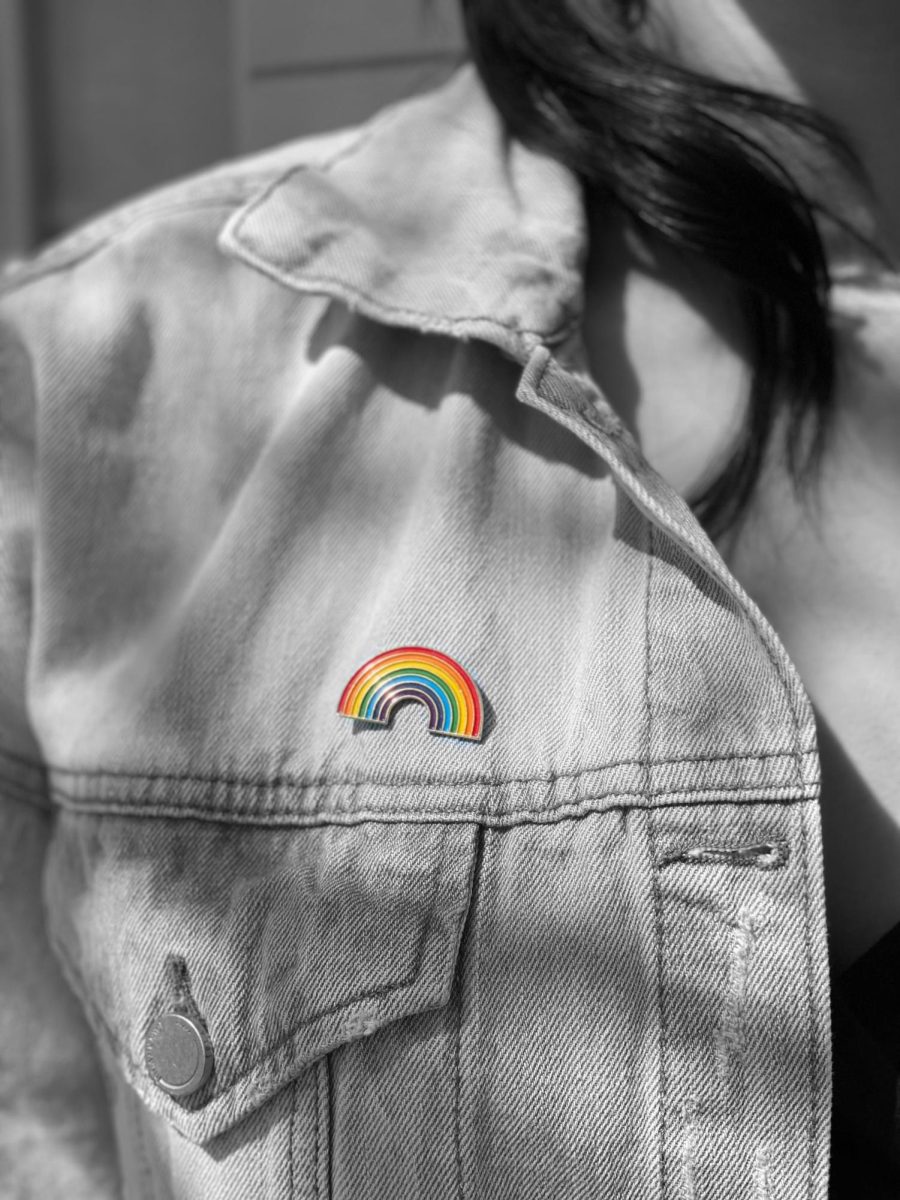On Aug. 17, Marin County Public Health officials announced that third vaccination shots for the Pfizer and Moderna COVID-19 vaccine will be available to those who are severely immunocompromised. People who fall under this category are those who have recently received an organ transplant, are currently or recently on a cancer regimen, have advanced HIV or are taking immunosuppressive high dose steroids.
The purpose of the booster is to strengthen immunity against the Delta variant as the initial vaccine weakens over time. The Delta variant surfaced for the first time in the United States in May of 2021 and has been affecting both vaccinated and unvaccinated people exponentially. Per 100,000 people, 8.9 of fully vaccinated individuals contract the Delta variant to a 37.6 of unvaccinated people. Dr. Matt Willis, Marin County Public Health Officer, has witnessed the spread of the new COVID-19 variant firsthand.

“Delta has emerged as the dominant variant [of COVID-19]. Right now 100 percent of [COVID-19] samples [in Marin County] over the last week were Delta and if we look back over the past month, it is about 95 percent Delta,” Willis said. “There is a longer period of infectivity, a higher amount of virus [cells] and it is able to get into [human] cells easier. Those three factors make the Delta variant at least 225 percent more contagious than the other variants.”
With COVID-19 cases currently on the rise in Marin, schools have to maintain strict regulations around the virus. Math teacher Karen Murk tries her best to enforce these regulations in her classroom.
“I would feel better about [the variant] if everyone would commit to wearing a mask and understand that it is not so much to prevent you from getting COVID-19, as it is to help others who may not be vaccinated,” Murk said. “The mask is critical… if students are repeatedly letting their masks fall below their noses, I will say to the whole class, ‘just so you guys know I am immunocompromised and everyone wearing a mask is very important to me.’”

Angelica Gauptman, a current senior, took extra precautions last year as she decided to stay online for the remainder of her junior year.
“I take care of my elderly neighbor who is 97. It was a danger for he
r to get the vaccine when it first came out, so I had to wait [to go back to school] until she got [the vaccine] because I did not want to expose her,” Gauptman said.
Although 89.1 percent of people older than 12 are fully vaccinated in Marin, there are still many students at Redwood who have yet to receive their first dose. Murk believes that student vaccinations against COVID-19 should be mandatory for those eligible to receive them.
“If we cannot count on everyone to take all the precautions to protect the health of our community, vaccine mandates may be necessary,” Murk said. “Those mandates should allow for exemptions for individuals who agree to provide weekly COVID-19 test results.”

People who are immunocompromised have already begun to get the third vaccine dose and, according to Willis, Marin County’s public health office has distributed over 1,000 doses. With these promising numbers, he hopes that people will continue to get the booster for the safety of the community.
“We are in 15 cases out of 100,000 [people in Marin]. That
[number] has not increased in the past two to three weeks which is encouraging. Our community-wide vaccination rates are protecting us as individuals and as a community,” Willis said. “I hope that we’ll continue to drive our community members to seek vaccination when they are eligible.”
For more information about booster shot eligibility, visit https://coronavirus.marinhhs.org/vaccinefinder.







